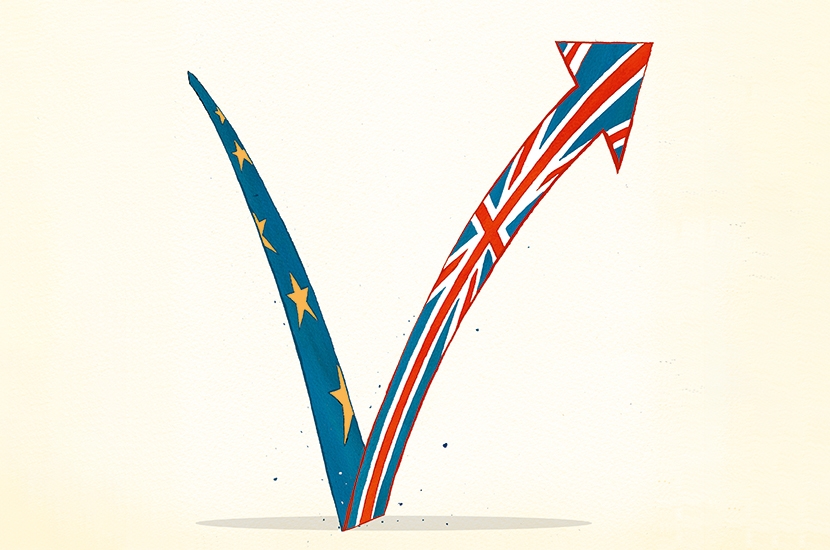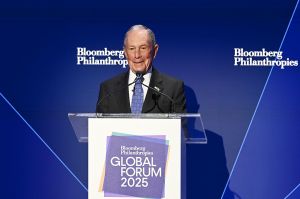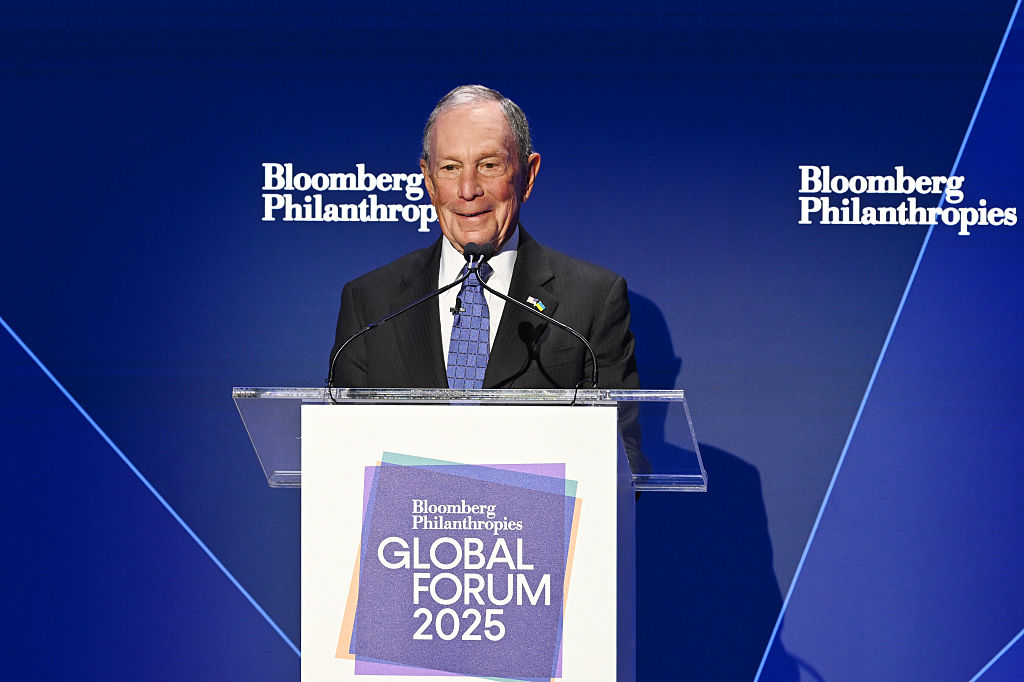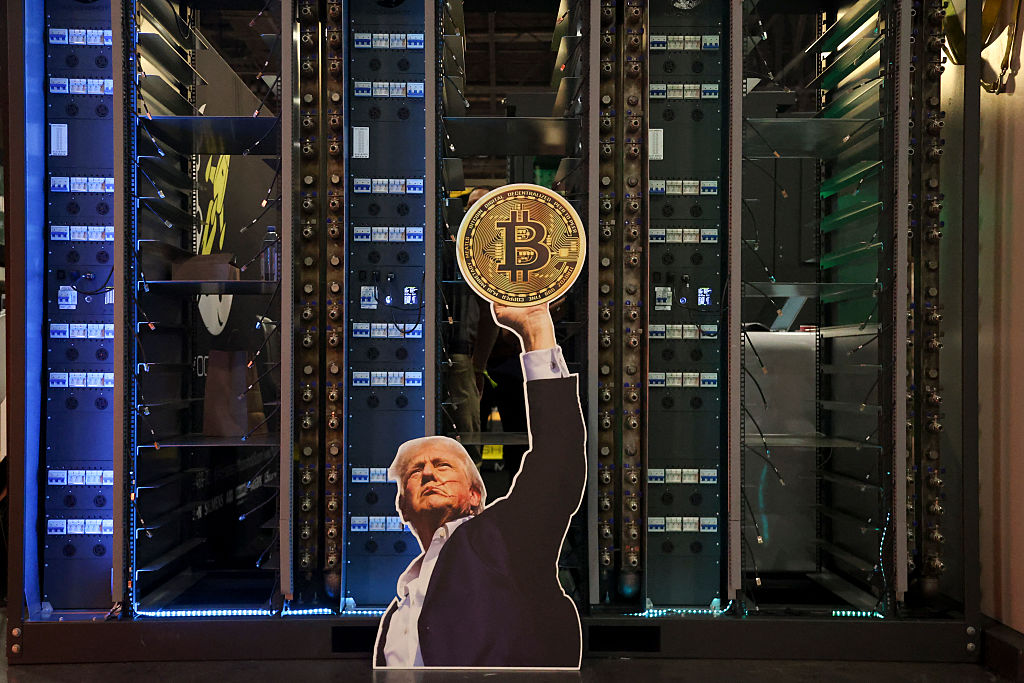Will the recovery be shaped like a V or a U, some other letter or perhaps the Nike swoosh? This is a much-discussed question among economists right now — but it is not the most important question. We’re familiar with the idea of an up-and-down financial crisis where things return to their starting point: we had roller-coasters in the mid-1980s. Even after the global financial crash of 2008-09, financiers still kept their place as masters of the universe. Global supply chains were repaired and the old power structures remained in position. This time might be very different.
Old fixes are being applied to a new crisis. Central banks, for example, have less scope to cut interest rates than they did 10 years ago. And there is little point in stimulating demand when you lock down the economy. This is what makes the COVID-19 lockdown unique: the extent to which it hits both consumption and production.
After the lockdown, life will gradually return to normal. Most of us will work in offices again. Restaurants will reopen. But the transformation will come when consumers cling on to some of the habits they acquired during the lockdown, and when companies change the way they work. Reliance on global supply chains, hitherto seen as a money-saving blessing, will start to be considered a liability. Investment into 3D printing will in the long-term accelerate to reduce reliance on imports, which as we have seen can choke off at short notice. Remember, 3D printers could, in theory, produce any three-dimensional object.
The way we buy and sell things will change, too. Restaurants and greengrocers that started delivery services for the first time during the lockdown may continue afterwards. This is what makes this crisis the first in our lifetimes with the potential for ‘creative destruction’, an expression invented by the Austrian political economist Joseph Schumpeter in the 1940s. But Schumpeterian creative destruction does not come in the shape of a V, or any other letter. He was not specifically concerned with crises, but with challenging the Marxist view of how capitalism follows a preordained pattern ending in self-destruction. He wanted to point to another pattern: reinvention. It’s something we can see at work now.
The American economist Mancur Olson expanded Schumpeter’s idea to explain the economic dynamics of large shocks. In his 1982 book The Rise and Decline of Nations, he gave what I believe is the best explanation of the post-war economic success of Germany and Japan. War, he said, destroyed established power relationships and industrial lobbies. So it was this — rather than the wartime destruction of the capital stock — that drove entrepreneurship and innovation in the 1950s and 1960s. The new entrepreneurs had at that point not yet formed effective lobbies. Germany still reaps fruits seeded in that period, the most Schumpeterian in the country’s modern history.
The later decline of Germany and Japan was also forecast by Olson. Business lobbies would form, he said, and the power of trade unions would rise. Germany is still good at managing technological development — but, it has to be said, mainly on the basis of existing technologies. German car-makers were good at creating ever-better diesel engines, but they missed out on investing in the next generation of electric cars. When it comes to digitalization more generally, Germany is woefully behind the rest of the world.
The modern European Union also constitutes an example of an Olson-style decline cycle. The EU’s general data protection regulation, for example, places a huge bureaucratic compliance burden on companies. It frustrates the development of an artificial intelligence industry. The EU is good at protecting existing interests, but stifles innovation in the process. Look outside the EU, and things are very different. The crisis offers an unparalleled opportunity for the artificial intelligence industry. Anonymous contact tracing through mobile telephones has emerged as an effective device to track the spread of a virus. South Korea and Singapore are leading the way. When the German government tried it, it met with so much political resistance that they had to drop it.
This is why I suspect that the industrial countries of North America and Asia will come out of this crisis in better shape than the Europeans. It is not primarily about the emergency government loans, it’s about tolerating change. The EU is mostly concerned with saving existing jobs, propping up existing industries, stopping companies from going bust. This can slow economic rejuvenation at a time when it’s badly needed. There is no real focus on start-ups, or emerging industries such as artificial intelligence.
The UK is in a good position to develop a strong AI industry, but only if it properly extricates itself from European data protection and competition laws. As written, these laws — intended to help consumers — place a pretty heavy regulatory burden on AI companies, especially small ones. Opting out of GDPR can be Britain’s great escape, a chance to come up with a new data protection regime designed to encourage new companies — and economic repair in general.
Brexit also gives Britain an opportunity to decide how it helps new business — in a way that encourages challengers, rather than protecting the incumbent. Perhaps there could be a fund that protects new venture capital-backed startups? It’s not that this is prohibited under EU law right now, but if Britain were to stay in the EU competition regime, these laws could well be tweaked in a way that would make an innovation fund harder in the future.
When Brexit talks resume, the UK government should be emboldened by recent events. Before the lockdown, the calculation of the costs and benefits of a hard Brexit looked different to how it looks now. These costs were never easy to quantify because they depend to a large extent on how companies adjust. But whatever these costs would have been, many of them have already been incurred. Lockdown has in any case already seen countries all over Europe tear up the fundamental principles of the single market, such as freedom of movement of people and of non-essential goods. Borders have been closed. Some countries have imposed a state of emergency and there has been a de facto suspension of EU fiscal and competition rules. The EU’s red tape is being cordially ignored.
So if Brexit talks do not end in a deal, it would be less of a jump to adopt the rules of the World Trade Organization now than it would have been before. Most of the supply chain disruptions have already occurred. A WTO trading relationship would mean Britain applying tariffs (averaging four percent). In normal times, this would have some noticeable economic impact: prices would rise and the volume of many imports and exports would fall. But compared to the great lockdown, the effect of a WTO Brexit is small. If the two were to be folded together, the economic effects would be hard to disentangle.
Whatever happens, we’re not going back to what we had before. Companies will probably not want to recreate the pre-crisis global supply chains. Ask Italy how much of a ‘single market’ there is in healthcare.
In a narrow sense, Germany had the most efficient economic response. Peter Altmaier, the German economics minister, promised that not a single person would lose their job as a direct result of the crisis. Contrast this to the US, where almost 17 million filed for unemployment in the three weeks after the lockdown began. But is Germany’s response really better in the long run? Of course, there is a strong case for protecting people from a sudden loss of income. But there is no case for subsidizing companies that have not set aside sufficient resources to survive in a short crisis, but still pay out high dividends to shareholders.
There is the risk that the response will stifle a long overdue economic transition. Depending on the outcome of the Brexit process and future industrial policy, the UK may be closer to the energizing experience of 1950s Germany than Germany itself is now. In particular, it will offer an opportunity to break the UK curse of lower productivity — specifically when it comes to innovation.
In fact, if you look at the COVID crisis as a time when countries were forced to rethink how they operate — seeing recovery as an opportunity to improve what’s known as ‘total factor productivity’ — the US and Asia may come out of this on top. China is the world leader in artificial intelligence and will try to expand its lead. Even after four years of Donald Trump’s ‘America First’ agenda, the US is still less protectionist than Europe, more supportive of small industry start-ups and with fewer hang-ups about data protection.
Perhaps the US will not come out of this crisis earlier than others, but it will likely come out stronger than most. If the European Union sees it as an opportunity to expand regulation, then it can expect a slower recovery. And the UK? It depends. The UK government has a choice here: to play it safe, increase regulation, offer maximum protection of large businesses, and raise taxes on companies. Or to follow Schumpeter and Olson, and see this as the biggest economic opportunity of our lifetimes.
This article was originally published in
The Spectator’s UK magazine. Subscribe to the US edition here.

























